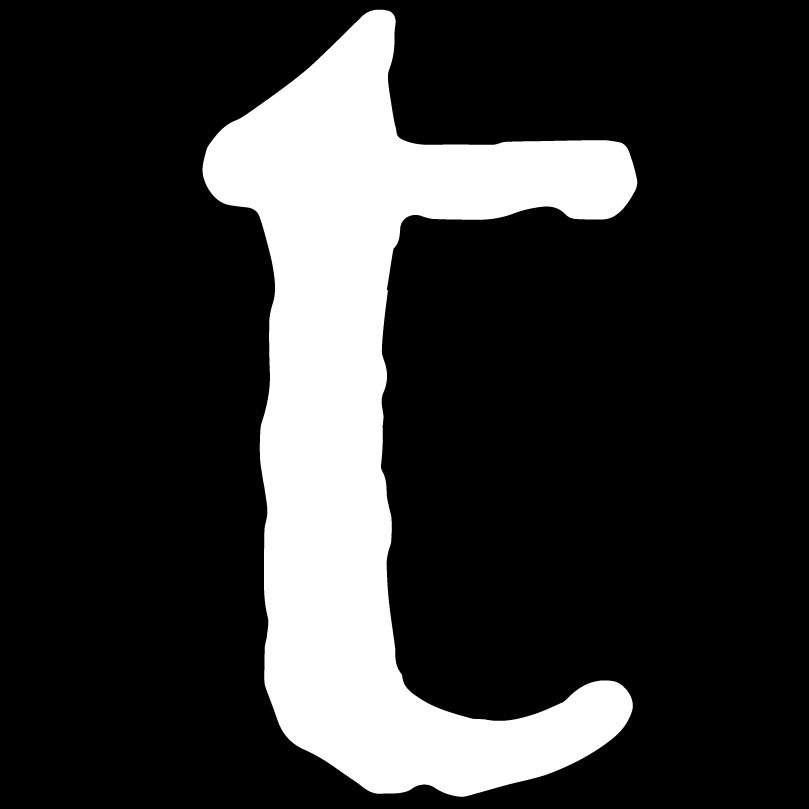
Geithner Outlines Sweeping Increase in Financial Regulation
Kevin G. Hallj - McClatchy Newspapers
Washington - Facing an angry public at home and restless allies abroad, Treasury Secretary Timothy Geithner on Thursday outlined the broad brushstrokes of one of the most sweeping overhauls of financial regulation in the nation's history.
 Treasury Secretary Timothy F. Geithner announced a plan to tighten regulation on the financial sector. (Photo: Doug Mills / The New York Times)
Treasury Secretary Timothy F. Geithner announced a plan to tighten regulation on the financial sector. (Photo: Doug Mills / The New York Times)
Geithner presented to the House Financial Services Committee the Obama administration's six-point regulatory blueprint for beefing up financial regulation. The plan doesn't create sweeping new programs; instead, it seeks to build on existing structures and fill in the gaping regulatory holes exposed by the current global crisis.
It would subject lightly regulated segments of the financial sector such as hedge funds and private-equity funds to greater scrutiny. Both would have to register and provide confidential information to the federal government, but would not be required to make public disclosure.
And it would establish more standardization for many of the complex, esoteric financial instruments known as "derivatives" that are amplifying today's global crisis.
"These are very complicated, very consequential, very difficult sets of questions," Geithner told the committee, which is the starting point for legislation that will be needed to achieve many of the administration's regulatory g
The Obama administration's rollout of broad regulatory goals comes days before next week's meeting in London of leaders of the 20 most developed economies. European allies are demanding quick movement on tighter international regulation of finance, and Geithner's program helped set a tone on Thursday for next week's discussions.
The Treasury secretary's program includes changes to both regulatory structure and to financial products. On structure, Geithner repeated the administration's call for a super-regulator to be responsible for ensuring against any risk that menaces the financial system — possibly the Federal Reserve Board. It would gain authority to determine whether any financial institution's investments pose a risk to the broad financial system — not just commercial banks, as currently.
This proposal recognizes that while there are a plethora of federal and state banking supervisors, these regulators all had oversight over some portion of the banking system, but none had the ability to see the risks posed by investment banks or insurance companies with financial divisions.
"We've seen that the costs of these weaknesses and gaps are catastrophic to the system as a whole," Geithner said. "It just didn't work, it did not deliver what is has to deliver. And I think we have to start by making sure we have in place effective consolidated supervision over those entities that could pose potential risks to the system."
Geithner didn't say, however, that consolidating supervision would eliminate or merge federal regulators. His predecessor Henry Paulson, in a more detailed blueprint last year, suggested the potential merger of the Securities and Exchange Commission and the Commodity Futures Trading Commission, as well as merging two federal bank regulators, the Office of Thrift Supervision and the Comptroller of the Currency.
The Treasury chief also repeated his request for so-called resolution authority, one of his six pillars for regulatory overhaul. This would give Treasury power to seize and dismantle large financial institutions such as investment banks or bank holding companies, much as the Federal Deposit Insurance Corp. now does for smaller banks.
The financial product proposals largely focus on the SEC, whose mission isn't the safety and soundness of institutions but investor protection. The Geithner plan would require hedge funds to register with the SEC; unregulated now, these funds invest large pools of money for the very wealthy, pension plans and endowments.
Hedge funds have grown so large and complex that some critics say they need direct supervision. Under Geithner's plan, all big financial institutions, including hedge funds, are likely to be subject to greater capital requirements — one of his six pillars of expanded financial regulation. Hedge funds also would have to provide more details about their investments to the SEC on a confidential basis, though not to the public.
Some Democrats in Congress have said that public reporting requirements should be imposed on hedge funds as they are on most other players on Wall Street. Geithner's proposal didn't go that far.
Geithner also proposed having the SEC seek new measures to prevent investors from withdrawing en masse from money-market funds. That happened late last year as the economic crisis deepened, forcing the federal government to guarantee the funds with financial backing.
Geithner was to take his case directly to the financial sector later on Thursday. He was to address privately members of the Financial Services Roundtable, a trade association of financial institutions. The group's government affairs chief, Scott Talbot, said his association supports the six pillars of overhaul that Geithner outlined.
"We are supportive of them . . . but the devil is in the details," he said, pointing to a coming legislative battle.
